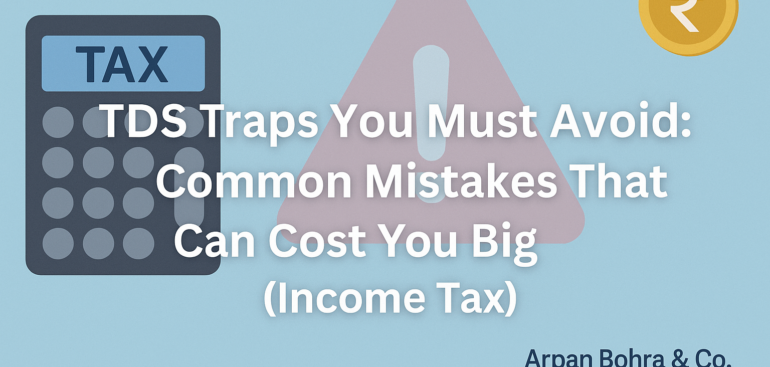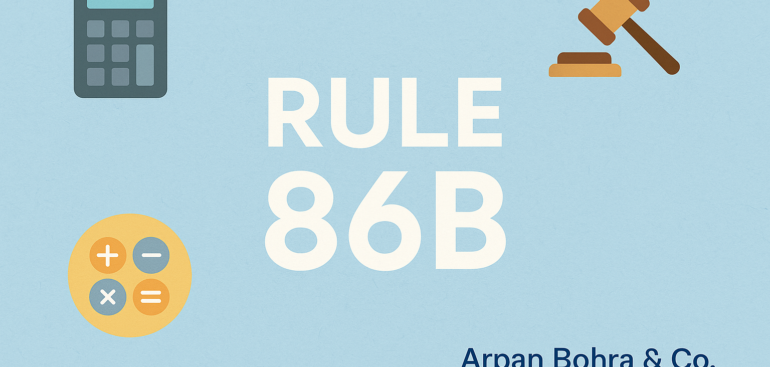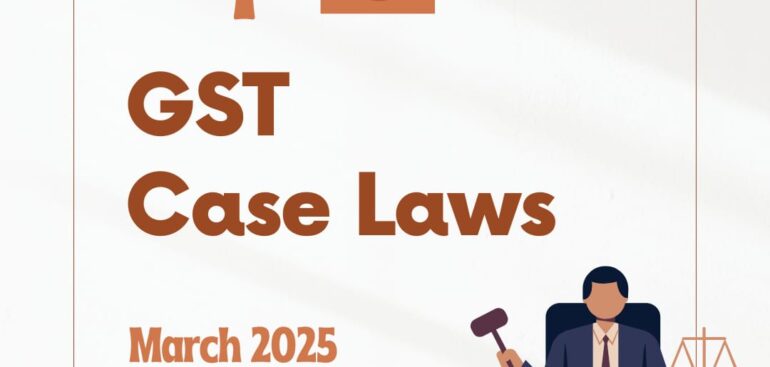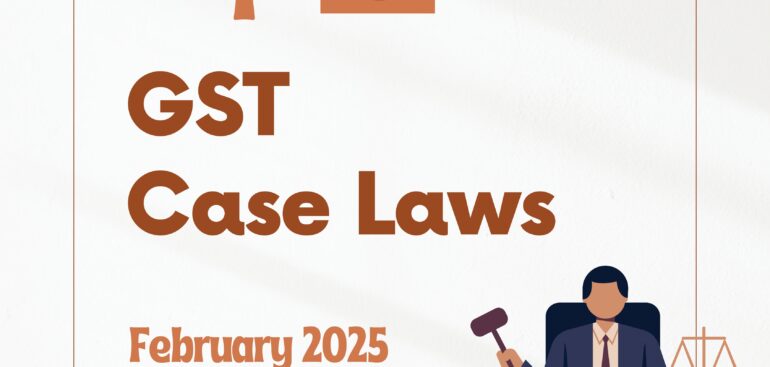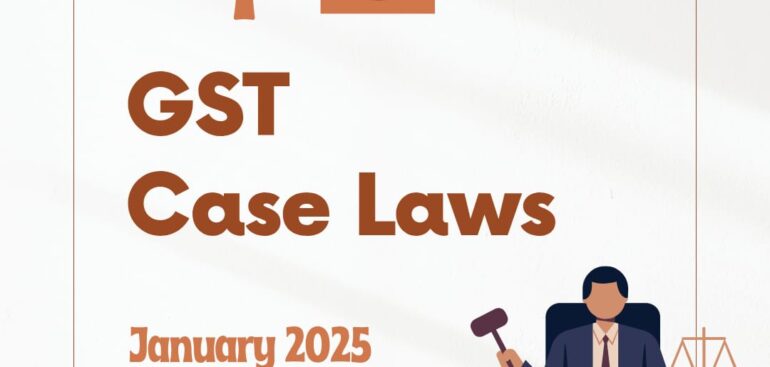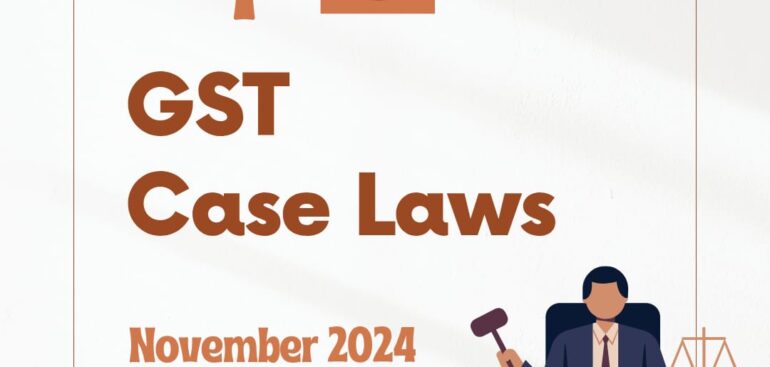Introduction:
Tax Deducted at Source (TDS) is one of the most critical compliance areas under the Income Tax Act, 1961. Despite its regularity and widespread application, deductors often make mistakes that can lead to penalties, interest, and disallowances. This article highlights the most common TDS-related mistakes, ordered from the most commonly used sections to the less frequent ones.
1. Section 194C – Payments to Contractors/Sub-Contractors:
Common Mistakes:
- Non-deduction on single payments below the threshold, but aggregate during the year crosses the limit (INR 30,000 per contract or INR 1,00,000 in a financial year).
- Deducting TDS at wrong rates, especially in the case of individual/HUF contractors. – Non-obtaining PAN, resulting in deduction at a higher rate of 20%.
- Deduction at the time of payment instead of credit or vice versa.
- Erroneously deducting TDS on the GST portion, even though it is indicated separately and should have been excluded.
2. Section 194J – Fees for Professional or Technical Services:
Common Mistakes:
- Incorrect classification between professional and technical services.
- Wrong TDS rate (10% for professional, 2% for technical services).
- Non-deduction on reimbursements which are part of contractual service.
- Ignoring limits (INR 50,000 per annum per payee).
- Missing TDS on payments to doctors, consultants, lawyers.
3. Section 192 – Salaries:
Common Mistakes:
- Failure to obtain proof of deductions/exemptions claimed by employees.
- Not considering previous employer’s salary while computing TDS.
- Incorrect PAN or absence of PAN.
- Delayed deposit of TDS resulting in interest liability.
- Wrong application of new tax regime (Sec 115BAC) without employee declaration.
5. Section 194A – Interest other than Interest on Securities
Common Mistakes:
- Non-deduction of TDS on interest paid to partnership firms or senior citizens, under the mistaken belief that they are exempt.
- Incorrect threshold limit application (INR 50,000 for banks and INR 1,00,000 for senior citizens).
- Wrong classification of interest from NBFCs, co-operative societies.
6. Section 194H – Commission or Brokerage
Common Mistakes:
- Not treating discounts as commission, particularly in FMCG and telecom sectors.
- Ignoring threshold limit of INR 20,000.
- Misclassifying trade vs agency commission.
7. Section 194I – Rent
Common Mistakes:
- Incorrect classification between rent for plant & machinery (2%) vs land/building (10%).
- Rent paid to co-owners without PAN, where threshold applies individually.
- Exclusion of GST wrongly when TDS needs to be applied on total rent in some cases.
8. Section 194-IB – Rent by Individuals/HUFs (not liable for audit)
Common Mistakes:
- Non-deduction where monthly rent > INR 50,000.
- Non-filing of Form 26QC.
- Improper communication to tenant leading to compliance gaps.
9. Section 194DA – Payment in respect of Life Insurance Policy
Common Mistakes:
- Non-deduction of TDS where maturity amount is taxable (i.e., policy not covered under Section 10(10D)).
- Incorrect TDS rate application (2% on income portion only, not total receipt).
10. General TDS Compliance Errors:
- Wrong TAN or PAN quoted in returns.
- Non-filing or late filing of TDS returns (Form 24Q, 26Q, etc.)
- Mismatch between TDS return and Form 16/16A issued.
- Non-reconciliation of TDS as per books with 26AS/TRACES.
Conclusion: TDS compliance requires attention to detail and correct interpretation of provisions. Regular internal checks, training, and use of automation tools can help minimize errors and ensure seamless compliance.
Introduction
In the ever-evolving landscape of Goods and Services Tax (GST) compliance in India, Rule
86B of the Central Goods and Services Tax (CGST) Rules, 2017 has become a significant
provision that impacts the way businesses utilize their Input Tax Credit (ITC). Introduced
via Notification No. 94/2020 – Central Tax, dated 22nd December 2020, Rule 86B came into
effect from 1st January 2021.
What is Rule 86B?
Rule 86B places a restriction on the use of ITC available in the electronic credit ledger.
Specifically, it mandates that:
If the value of taxable supply (excluding exempt and zero-rated supply) in a month exceeds
₹50 lakhs, the taxpayer is required to pay at least 1% of the output tax liability in cash.
In simpler terms, even if a business has sufficient ITC, it cannot use it to discharge the entire
output tax liability if the value of taxable outward supplies (excluding exports and exempt
supplies) exceeds ₹50 lakhs in a month. At least 1% of the GST liability must be paid in cash
(i.e., using the electronic cash ledger).
Applicability Threshold
Applicable when taxable turnover in a month exceeds ₹50 lakhs, excluding:
- Exempt supplies
- Zero-rated supplies (such as exports or SEZ supplies)
Exemptions to Rule 86B - Rule 86B does not apply in the following cases:
If the registered person (proprietor, managing director, partner, etc.) has paid
income tax exceeding ₹1 lakh in each of the two preceding financial years.
– If the registered person has received a refund exceeding ₹1 lakh in the previous
financial year on account of: - Unutilized ITC due to zero-rated supplies without payment of tax
- Inverted duty structure
– If the registered person has paid more than 1% of total output tax liability in cash
cumulatively up to the month in the current financial year.
– Rule 86B does not apply to: - Government departments
- Public sector undertakings
- Local authorities
- Statutory bodies
- Illustrative Example
Suppose XYZ Pvt Ltd has taxable outward supplies of ₹75 lakhs in March 2025 and a total
GST liability of ₹13.5 lakhs. Even if XYZ has ITC of ₹20 lakhs in its electronic credit ledger, it
must pay at least ₹13,500 (1% of ₹13.5 lakhs) through the cash ledger, and the remaining
can be adjusted through ITC. - Conclusion
Rule 86B is a compliance measure designed to strengthen the GST system and ensure tax
discipline. While it does impose a cash liability on certain businesses, its impact can be
mitigated by maintaining proper records, timely income tax compliance, and refund history.
Understanding the scope and exceptions of Rule 86B is essential for businesses to avoid
surprises during GST return filing and departmental audits.
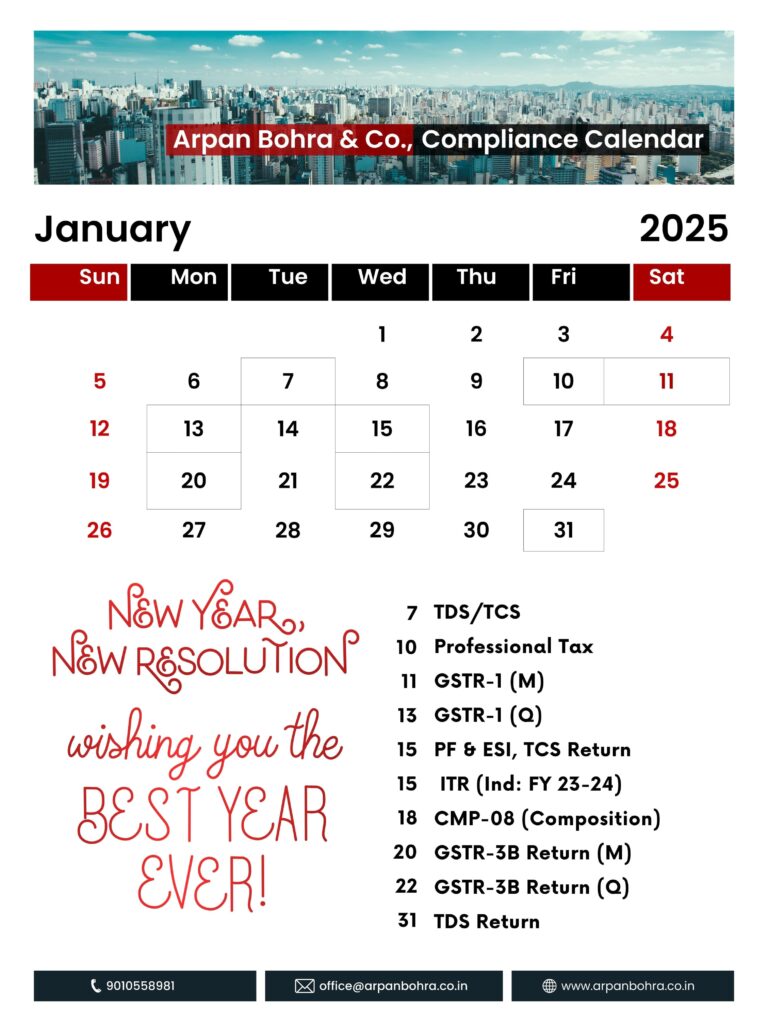
#ComplianceCalendar #ComplianceCalendarforthemonthJanuary2025 #Compliance #ComplianceCalendar2024 #Compliance #arpan #bohra #caarpanbohra #cafirmhyderabad #hyderabad

#ComplianceCalendar #ComplianceCalendarforthemonthofDecember2024 #Compliance #ComplianceCalendar2024 #Compliance #arpan #bohra #caarpanbohra #cafirmhyderabad #hyderabad
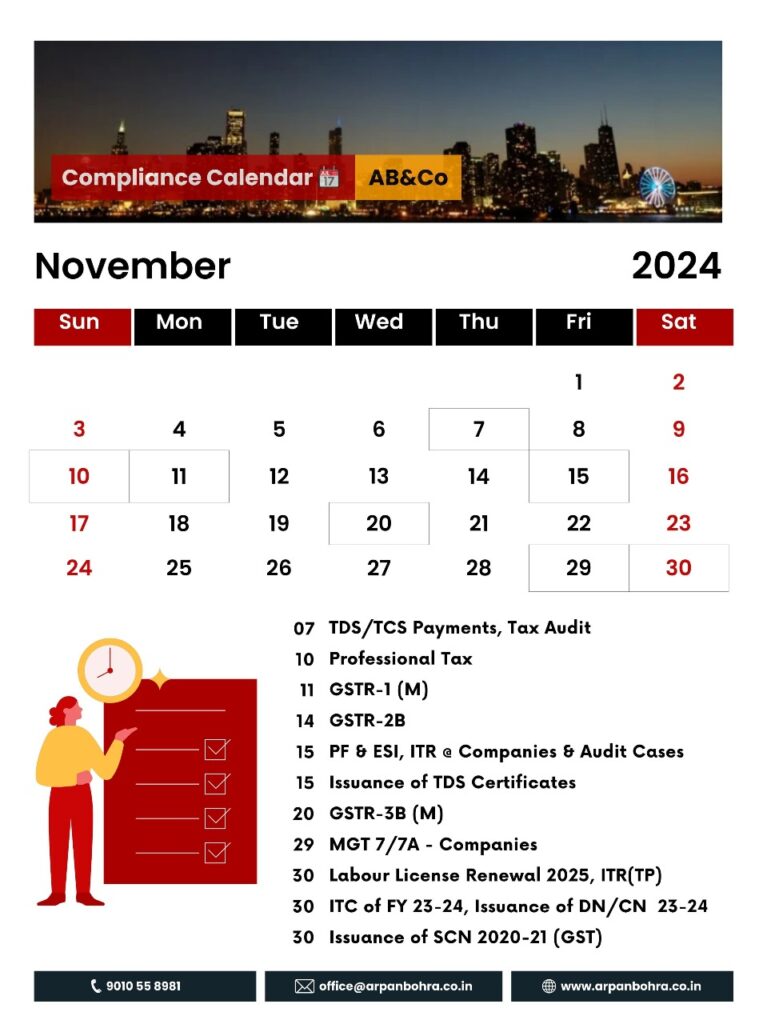
#ComplianceCalendar #ComplianceCalendarforthemonthofNovember2024 #Compliance #ComplianceCalendar2024 #Compliance #arpan #bohra #caarpanbohra #cafirmhyderabad #hyderabad


